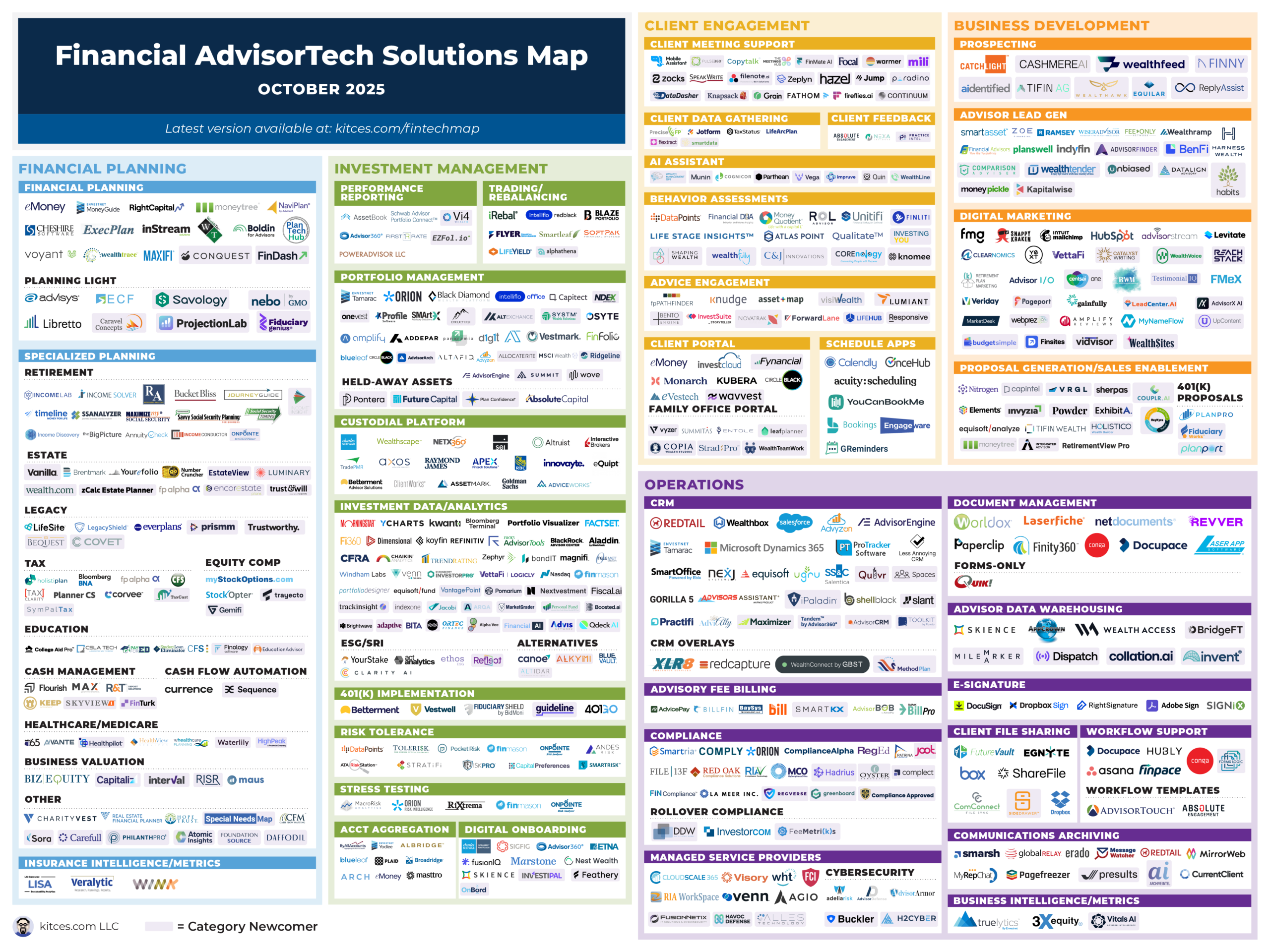Starting your investing journey can be intimidating. You are essentially taking your hard-earned money and putting it to work, often with no guarantee of how much or if it will come back to you. At first glance, the whole concept of investing might even seem a bit strange. But investing is not as unpredictable as it might seem. With the right strategy, it is possible to grow your wealth and align your investments with your financial goals. However, there are some common pitfalls that can trip you up if you are not careful.
A financial advisor can help you understand some common investment mistakes made by individuals so you can avoid them. This article will also help you understand seven common mistakes new investors make.
What are some common mistakes people make when investing?
1. Timing the market
One of the biggest mistakes new investors make is trying to time the market. Many people assume there is a right time to invest in the market when returns will be the highest and risks the lowest. As a result, they keep waiting on the sidelines, hoping to predict the perfect moment. However, timing the market is nearly impossible, even for seasoned investors. Markets are unpredictable. While they may exhibit some similar patterns over time, these patterns may break unexpectedly. Attempting to outguess the market requires not only advanced skills but also constant monitoring and quick decision-making. Beginners usually lack both the expertise and the time needed to pull this off.
This is why, rather than focusing on timing, it is better to focus on consistency. Starting as soon as possible and investing regularly, regardless of market conditions, can help you navigate the ups and downs of the market. This approach is also referred to as dollar cost averaging and allows you to buy more units when prices are low and fewer when prices are high. Over time, this reduces the impact of volatility on your portfolio. Long-term investing smooths out market fluctuations. While the market may experience short-term swings, historical data shows that staying invested typically leads to better outcomes.
Therefore, it is essential to start now, stay consistent, and let time work its magic. Waiting for the perfect time will likely lead to missed opportunities, while disciplined investing will help you build wealth steadily.
2. Investing in assets or companies you are not familiar with
One of the most common mistakes in investing is not fully understanding your investments. Experimenting with investments is part of the journey but diving into assets or companies you do not fully understand can lead to financial setbacks. While stepping outside your comfort zone can be beneficial, being informed is just as crucial. Knowing what you are investing in and its risk profile, return potential, tax implications, and liquidity rules is essential in reaching your financial goals. For example, consider a scenario where you invest in a financial product with a five-year lock-in period. Two years later, you have an unexpected expense and need to access your funds. Unfortunately, you discover that withdrawing early will cost you a penalty. This situation could have been avoided had you been aware of the investment’s restrictions beforehand. If you had short-term liquidity needs, choosing an asset with no lock-in period would have been a better fit. Taxes are another key factor to understand before investing. Certain investments may come with higher tax liabilities than you anticipate, which can reduce your overall returns and potentially derail your financial plans. Understanding the tax implications of your investments can help you plan better and avoid surprises at the time of withdrawal.
You must also stay informed when investing in stocks. Investing based on trends or hearsay can be a dangerous game. It is important to research the companies you are considering. Look into their business models, financial health, management teams, and corporate announcements. A company’s sector also matters. You must consider whether it operates in a growing industry with long-term potential.
You must take the time to educate yourself about the assets or companies you are investing in to ensure your money aligns with your financial needs and goals. The better you understand your investments, the more likely you are to avoid disappointments and achieve the outcomes you are aiming for.
3. Investing in assets that do not align with your risk appetite
When building a portfolio, you must choose investments that align with your risk tolerance. When your investments do not match your risk appetite, the results will not match your financial goals. Taking too little risk may lead to underwhelming growth, and taking too much risk can expose you to unnecessary volatility and stress.
For example, in your 20s or 30s, you generally have a longer investment horizon, which means you can afford to take on higher-risk investments like stocks. At this stage, focusing too heavily on low-risk assets, such as bonds or Certificates of Deposit (CDs), can lead to the missed growth potential that equities offer. On the other hand, taking excessive risks without diversifying your portfolio can also backfire, especially if the market experiences significant downturns. Say you are in your 30s and investing exclusively in stocks. If you need cash for an unexpected expense and all your investments are tied up in volatile equities, you might be forced to sell during a market dip, which can result in losses. This is why balance is key.
Analyzing your risk appetite helps you build an investment portfolio that aligns with your financial goals and comfort level. It might involve mixing stocks, bonds, and other assets based on your age, income, and future needs. This gives you a diversified portfolio that offers the right balance needed for growth and stability. For instance, younger investors might allocate a larger portion to stocks for growth with small allocations in debt, while older investors nearing retirement might shift towards bonds for stability and lower exposure to equities.
4. Focusing solely on past performance
Relying entirely on past performance to choose your investments is a common beginner investing mistake. While it is natural to look at historical returns of an asset, it is essential to remember that past performance is not a guarantee of future results. Markets can be affected by a number of different factors, and what worked in the past may not necessarily work in the future. For instance, some investments might show high returns over the last couple of years, but those gains could be the result of short-term events or market variances. A deeper look into the asset’s longer-term performance can provide a more accurate picture. It is important to consider how the asset has performed across different market conditions and the returns it generated during periods of volatility or economic downturns. These factors can help you understand how resilient an investment truly is.
It is also essential to analyze yearly returns rather than considering just an average. Two funds with similar average returns over a decade might have completely different risk profiles. When evaluating an investment, you must also consider factors like market trends, future growth potential, and overall economic conditions. For example, an industry that thrived in the past may now face challenges due to legal or tax changes. A financial advisor can be instrumental in helping you interpret all of these factors along with the past performance of the asset in the right context. They can study an asset’s historical behavior, assess its risk profile, and weigh its future potential so you have a well-rounded view.
5. Mimicking peers and friends
Relying on the investment strategies of your peers or friends might seem like an easy way to get started, but it is rarely the best approach. While their experiences can provide you with some guidance, your financial goals, risk tolerance, and income are unique to you, which makes it crucial to create a portfolio tailored to your needs.
It is common to feel tempted when a friend boasts about their investment success. You might assume that following their investment strategy will lead to similar results. However, their financial situation is likely different from yours. They may be in a different age group, have other financial priorities, or earn more or less than you. Moreover, they may lack the necessary expertise and acumen to recommend investments to you. Even if their investments are currently performing well, it might be due to short-term market trends or sheer luck and not necessarily a sound strategy. Blindly mimicking their choices can expose you to unnecessary risks. For example, if a friend invests heavily in high-risk stocks and you follow suit without considering your risk appetite, you could end up in a loss if those stocks take a downturn.
Instead of copying others, it is better to focus on crafting an investment plan that aligns with your own financial goals. If you are unsure where to start, working with a financial advisor can provide clarity. Advisors can assess your needs, design a diversified portfolio, and guide you toward investments that suit your age, income, and risk tolerance. While advice from peers can push you to invest and help you understand what others are investing in, it cannot offer you conclusive information. Making informed, personalized investment choices, on the other hand, ensures that your hard-earned money works effectively for you.
6. Not starting soon enough
One of the biggest mistakes beginners make is delaying their investment journey. Many keep waiting for the perfect time, such as reaching a specific age, earning a certain income, or achieving a career milestone. For instance, you might want to enjoy your 20s and spend all your disposable income on your immediate wants instead of committing it to investments that will offer returns in the future. Or you might decide to wait until you are married, have kids, or get promoted at work. While these reasons may feel valid in the moment, postponing investments can cost you significantly in the long run.
Even with small amounts, starting early gives you a critical advantage of time. Time allows your investments to grow through the power of compounding, which helps build wealth. For example, starting in your 20s versus your 30s can lead to a much larger corpus by the time you retire, even if you invest the same amount each year. Delaying often results in the need to invest more aggressively later to catch up, which can be stressful and difficult. Waiting for a career milestone or life event to start investing is also risky. There is no guarantee those milestones will happen as planned, and even if they do, starting late leaves you with less time to achieve your financial goals. This can result in higher financial pressure and fewer opportunities to take advantage of market growth.
It is better to begin investing as early as possible, even if it is in small amounts. You can always increase your investments as your income grows, but the head start you gain by beginning early is unmatched.
7. Not reviewing your portfolio
Failing to review your portfolio is another common mistake in investing. Investing is a continuing process that requires regular attention. Markets are dynamic, and some investments may perform well while others may produce losses. At the same time, your life circumstances will evolve. Your income will change, your financial goals will shift, and your risk appetite will adjust as you grow older.
Your portfolio may no longer align with your current financial priorities or needs. For example, the aggressive stock-heavy portfolio you built in your 20s may require a more balanced approach as you near your 40s or 50s. Without regular reviews, you risk missing out on optimizing your portfolio and may end up holding on to assets that do not cater to your needs for too long.
It is advisable to revisit your investment portfolio at least once a year. You can use this review to evaluate what is working and what isn’t. Make sure to identify the gainers and laggards in your investments and discuss potential adjustments with a financial advisor. You must also assess whether your current portfolio reflects your updated risk appetite and goals. For instance, if your income has grown, you may be in a position to explore new opportunities. Regular portfolio reviews allow you to capitalize on market trends or promising new assets. This ensures that your portfolio remains aligned with your goals and continues to work effectively for you over the long term.
To conclude
These seven common investment mistakes made by individuals at the beginning of their investment journey can hinder progress and lead to unnecessary stress. Therefore, avoiding them is crucial. As a beginner, you likely have limited knowledge and experience, which is why seeking guidance from a financial advisor can be incredibly helpful. A professional can help you avoid common pitfalls and craft an investment strategy that suits your specific needs. This can help you start strong and make informed choices, making the entire process more rewarding and less stressful.
Use the free advisor match tool to get matched with seasoned financial advisors who can help understand common mistakes new investors make so you can avoid making those same mistakes. Answer a few simple questions and get matched with 2 to 3 vetted financial advisors based on your requirements.


























